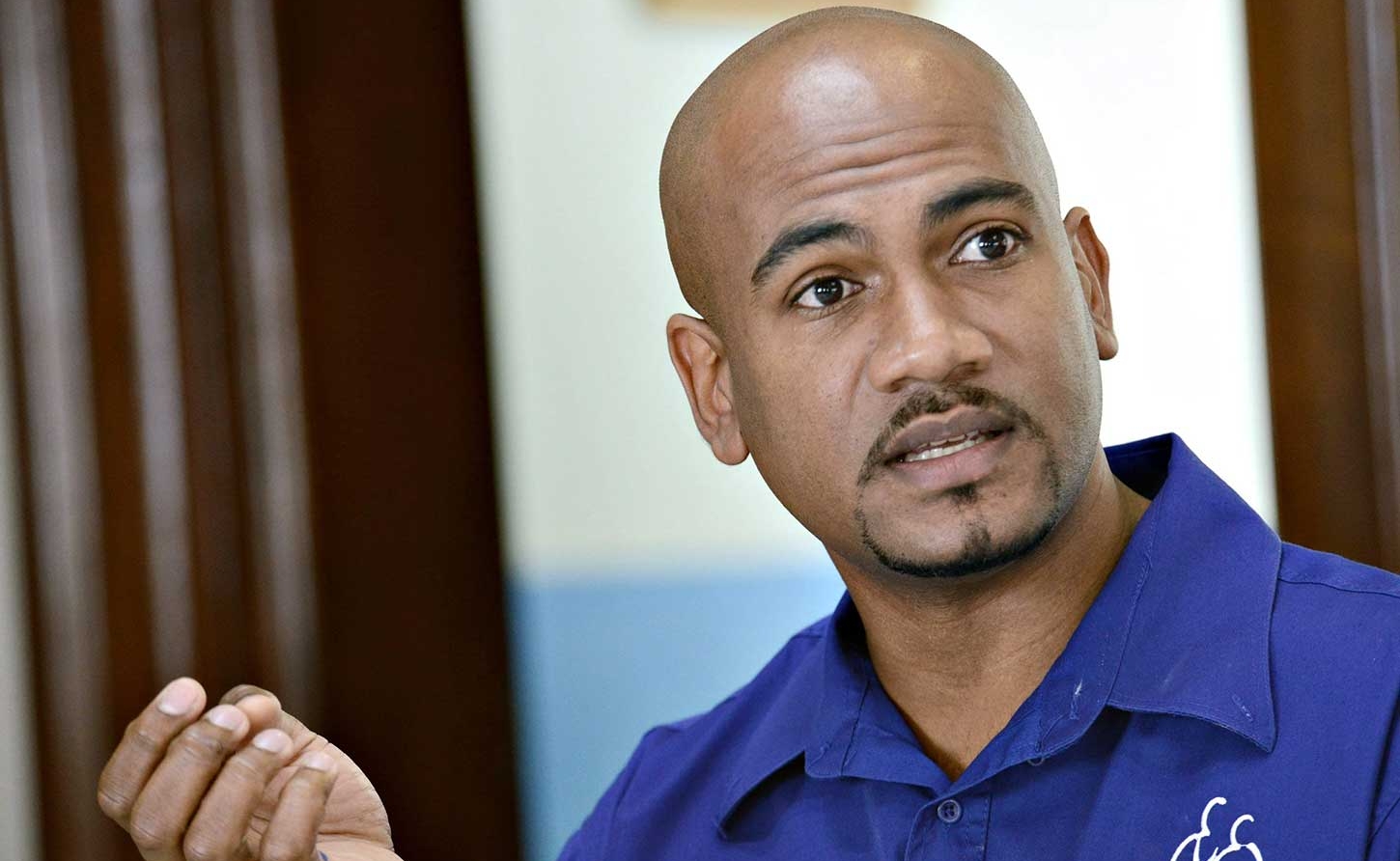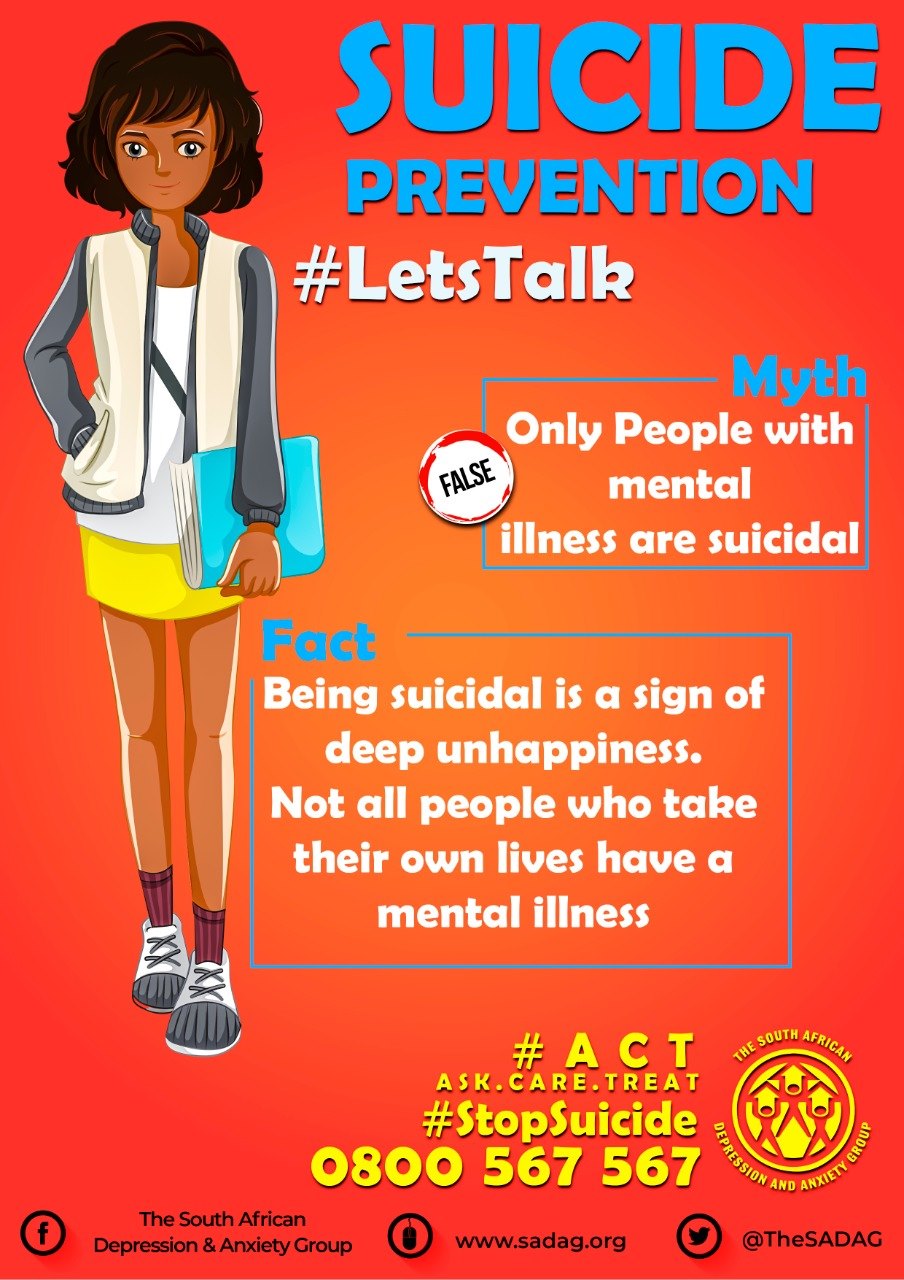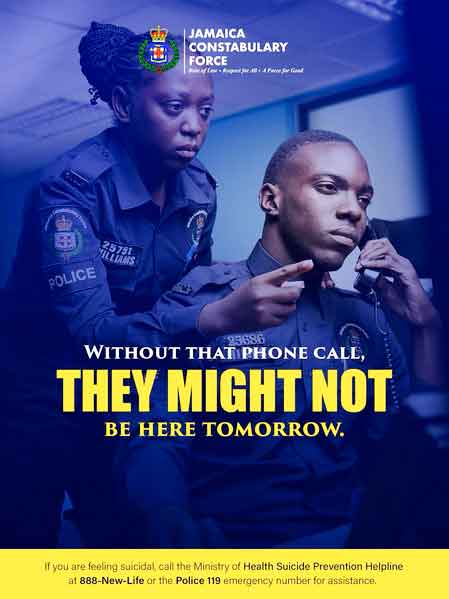JAMAICA | 633 Cries in the Dark: Jamaica's Mental Health System Abandons Its Most Vulnerable

September's helpline data reveals a government asleep at the wheel while citizens contemplate the unthinkable
KINGSTON, Jamaica, October 5, 2025 - In September alone, 633 Jamaicans picked up their phones and dialed 888-NEW-LIFE—not to celebrate new beginnings, but to whisper into the darkness that they were considering ending it all.
Each ring represented a battle between despair and hope, each answered call a potential life saved. But here's the question that should haunt every corridor of Gordon House: How many didn't call? How many concluded, perhaps correctly, that in a nation where mental health remains an afterthought, their pain simply didn't matter?
Dr. Alfred Dawes, the Opposition's spokesperson on Health and Wellness, didn't mince words when he declared "We must do better." Coming from an opposition figure, such statements typically ring hollow—political theatre dressed as concern.
But when Jamaica recorded a 23-year high in suicide rates in 2024, when the helpline has fielded 2,452 desperate calls in just nine months, Dawes' words carry the weight of national failure.
The math is devastating in its simplicity: 233 more calls this year compared to last. That's 233 more Jamaicans who found themselves standing at the edge, looking into the abyss. The government's response? A deafening silence punctuated only by the busy signal of an overwhelmed system.
The Architecture of Neglect
 Let's be clear about what these numbers represent. Behind each call is a mother who can't see tomorrow, a father crushed by the weight of provision in an economy that treats poverty as a personal failing, a teenager navigating trauma in a society that tells them to "gwaan hol' a faith" when what they need is a therapist.
Let's be clear about what these numbers represent. Behind each call is a mother who can't see tomorrow, a father crushed by the weight of provision in an economy that treats poverty as a personal failing, a teenager navigating trauma in a society that tells them to "gwaan hol' a faith" when what they need is a therapist.
This isn't just a health crisis—it's a moral indictment of a system that has chronically underfunded mental health while wondering why its citizens are breaking.
Dr. Dawes highlighted the warning signs—social withdrawal, mood swings, expressions of hopelessness—as if Jamaica doesn't already know what depression looks like.
We see it in the rum shops where men self-medicate their trauma, in the churches where women pray away anxiety disorders that prayer alone cannot cure, in the schools where children carry adult-sized grief in teenager-sized bodies. The problem isn't recognition; it's that recognition without resources is merely spectatorship to suffering.
"There is no shame in struggling with your mental health," Dawes insists, but try telling that to the security guard who knows his employer will find a reason to let him go if word gets out he's seeing a counselor.
Try explaining that to the teacher who watches colleagues whisper about anyone who admits to therapy. Jamaica doesn't just stigmatize mental illness; it weaponizes wellness against those brave enough to seek it.
A Helpline Isn't Healthcare
The 888-NEW-LIFE helpline—that last-resort lifeline—operates 24/7, we're told, as if this is an achievement rather than the absolute minimum. But what happens after the call? Where are the affordable therapists? The community mental health centers? The school counselors who aren't splitting time between five institutions?
A helpline without a healthcare system behind it is like throwing a rope to a drowning person while standing on a crumbling cliff.
The government seems to believe that mental health is a luxury item in the national budget, something to address after the roads are fixed and the vaccines are bought.
But here's what they refuse to understand: every suicide is a GDP loss, every untreated depression a productivity drain, every traumatized child a future societal cost. Mental health isn't separate from national development—it's the foundation upon which everything else stands or falls.
The Political Pathology
 When Dawes says "we must do better," the subtext screams louder than the statement.
When Dawes says "we must do better," the subtext screams louder than the statement.
This is the Opposition's way of saying the government has failed without having to enumerate the failures—the underfunded hospitals, the three-month waiting lists for psychiatric evaluation, the mental health budget that wouldn't cover the catering for a ministerial retreat.
The PNP knows that in Jamaica's political theater, mental health has always been the neglected stepchild, acknowledged only when tragedy forces us to look.
But let's not pretend this is purely partisan. Successive administrations, green and orange alike, have treated mental wellness as an electoral afterthought.
The difference now is that the bodies are harder to ignore, the statistics impossible to massage.
When you hit a 23-year high in suicide rates, you've run out of excuses and explanations. You're left with only the truth: Jamaica is killing its people through neglect.
The "wellness check" Dawes advocates—that simple act of asking "yuh good?"—has become radical in a society where suffering in silence is considered strength. But individual compassion cannot substitute for systematic failure.
We cannot love each other out of a mental health crisis any more than we can pray away diabetes or wish away cancer.
The Hour Before Dawn
Here's what should terrify every Jamaican: September's 633 calls represent only those who still had enough hope to reach out.
They don't count the ones who've given up on giving up, existing in a gray purgatory of untreated depression. They don't count those who've internalized the message that their mental health is their burden alone to bear.
The increase of 233 calls year-over-year isn't just a statistic—it's a trend line pointing toward catastrophe.
At this rate, the helpline will soon need its own helpline, a recursive loop of inadequate responses to exponential need.
Jamaica stands at a crossroads that's really a cliff edge. We can continue pretending that mental health is a personal responsibility in a system that makes treatment inaccessible, or we can acknowledge what the numbers scream: this is a national emergency requiring emergency response.
Not another task force, not another study, not another helpline—but actual, funded, accessible mental healthcare.
Until then, 888-NEW-LIFE remains less a solution than a symptom—a bandage on a hemorrhage, a whisper against a hurricane. Those 633 September calls weren't just cries for help; they were indictments of a system that has confused having a phone number with having a plan.
In the silence between the dial tone and the answered call lies the truth we refuse to confront: Jamaica isn't just failing its mentally ill—it's manufacturing them.
Dr. Dawes is right. We must do better. But "better" requires more than recognition—it demands revolution in how we fund, understand, and treat mental health. Otherwise, we're not saving lives; we're simply documenting their loss with increasingly precise statistics.
-30-
